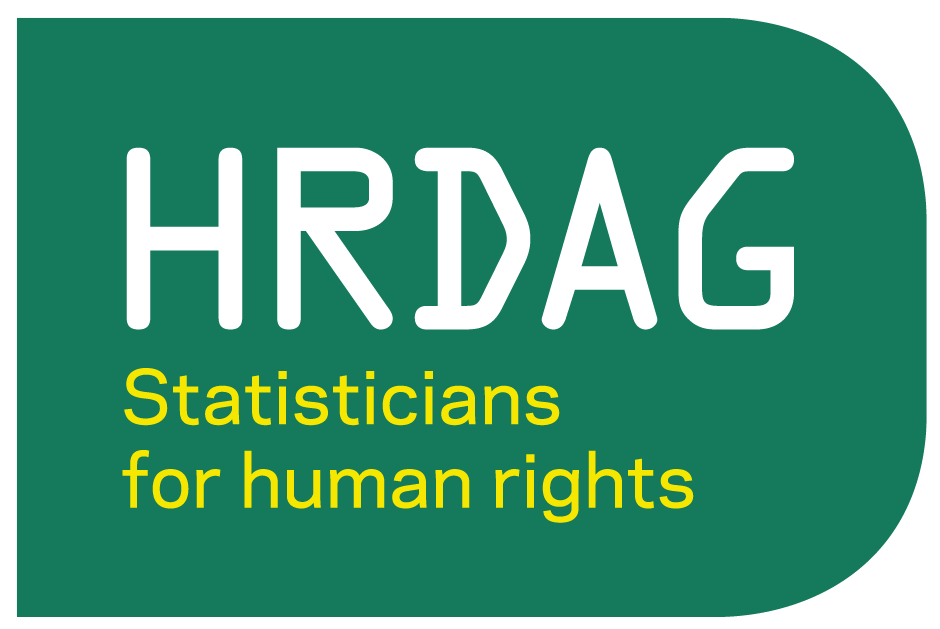
Participant's comment from a 2021 training workshop:
“We’re not used
to having data
scientists on our
side...”
Human Rights Data Analysis Group
2021 year in review
What It Means to Partner for Justice
Our partners often tell us that powerful institutions use data and technology against them. HRDAG transforms that dynamic by using scientific methods to strengthen human rights and to fight for justice and accountability.
When we partner with human rights defenders, from truth commissions to UN missions to local activists, we help them understand how data science can be used to answer questions about human rights violations. HRDAG’s team brings scientific and technical expertise to a problem, and our partners provide local, substantive expertise to bring context and interpretation to our analyses. We collaborate closely with our partners to identify the questions of fact that are important for their advocacy, and that are answerable with rigorous data analysis, and we assist them with that analysis.
When I think about the depth of our partnerships, I think about the public health concept of accompaniment, in which solidarity and compassion are as important as technical expertise. I believe this captures how HRDAG treats the relationships we are privileged to have with our partners.
Our partners’ goals and priorities drive our analyses, and our starting point is wherever they are in terms of technical readiness and data literacy. Not every partner may want to conduct their own analyses, but they all need to be able to make sense of numerical arguments, both those used on their behalf and those used against them.
Data dump: 2005
(GUATEMALA) 80 million pages discovered in a police archive, which include evidence of the role police played in extrajudicial disappearances.
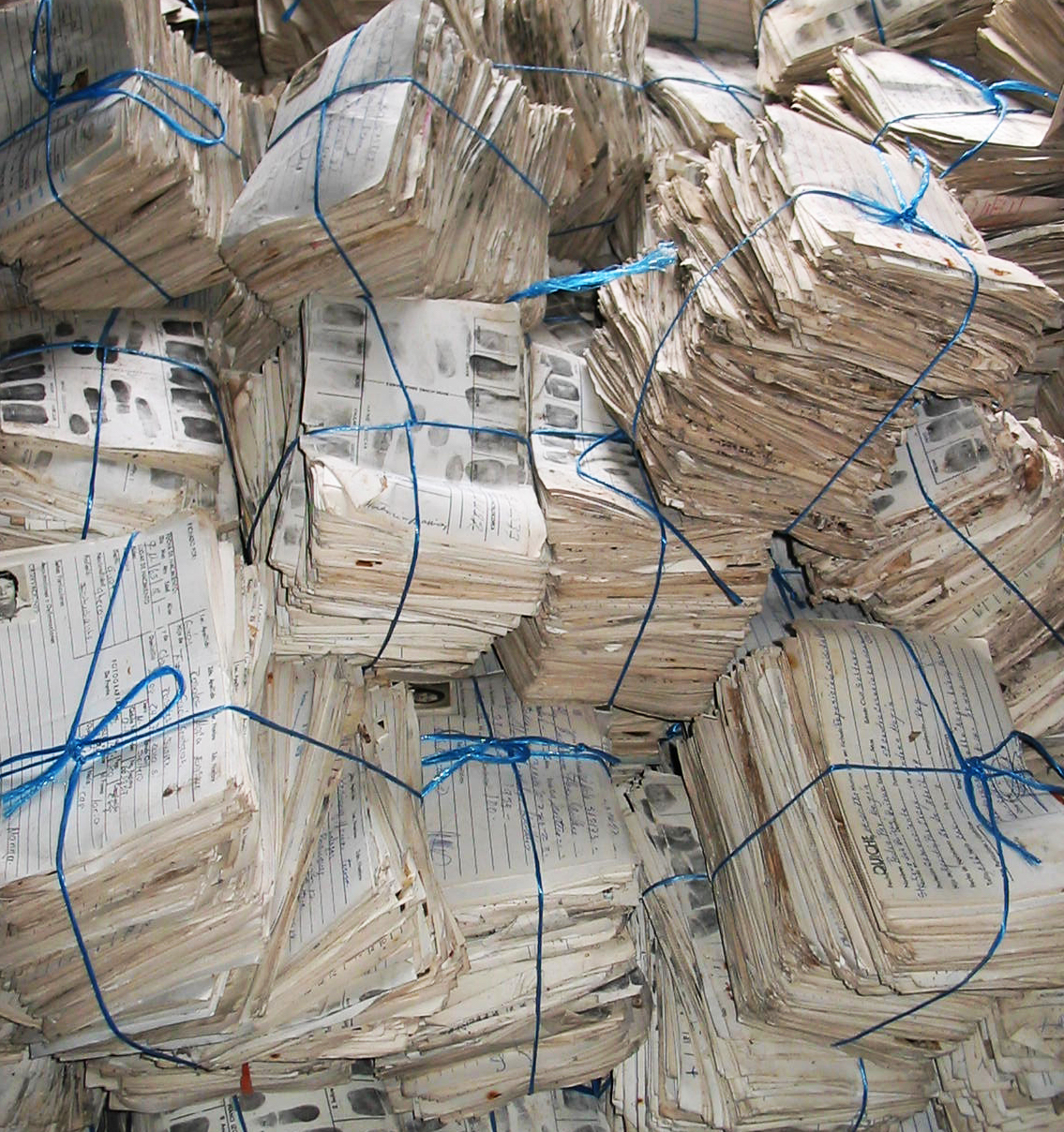
Data dump: 2014
(MASSACHUSETTS) 1,320 pages of incident reports describing 182 SWAT raids, including details about use of military weaponry and when children were home at the time of the raid.
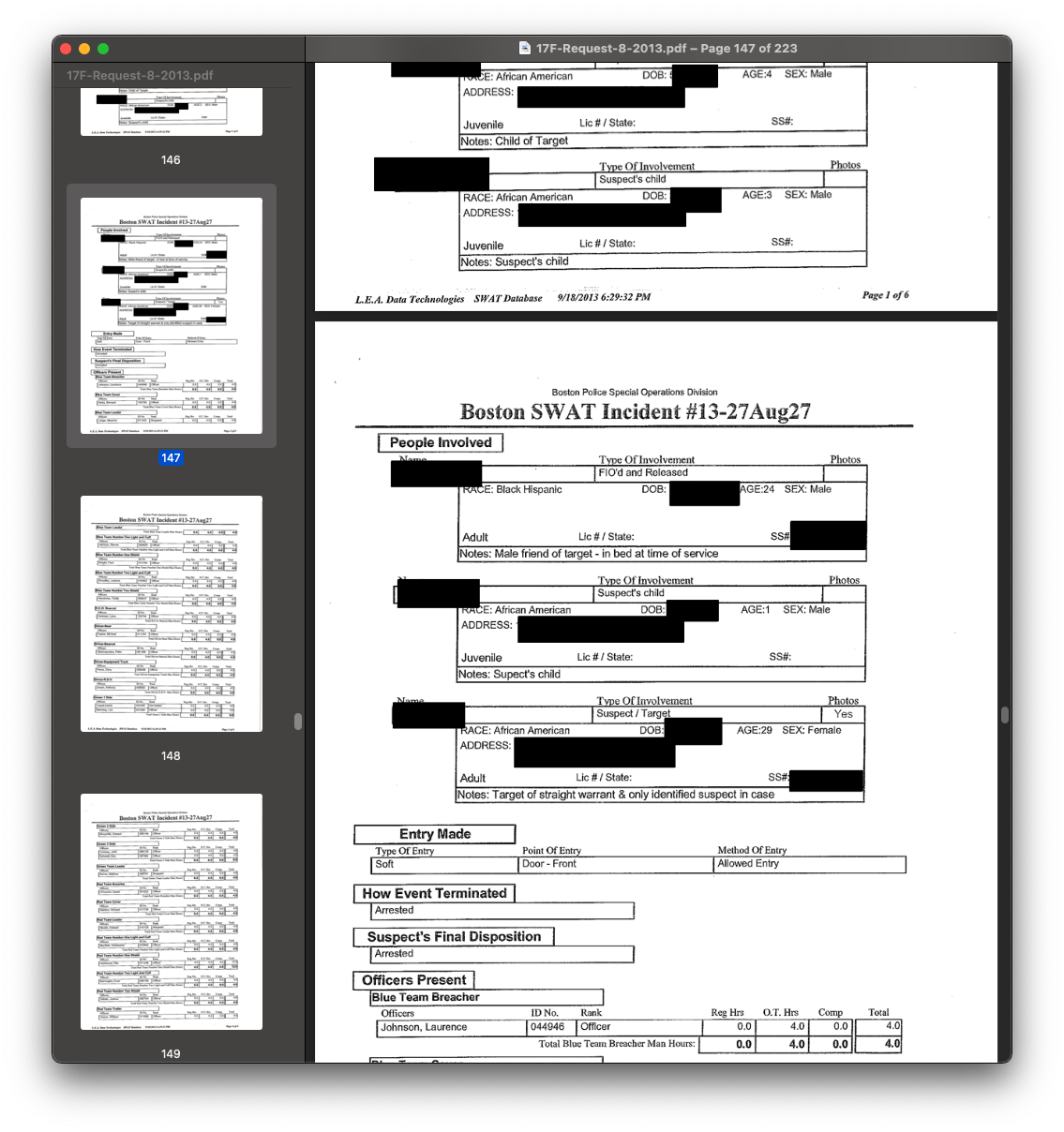
The data dumps received by human rights advocates can be overwhelming. They may arrive as mountains of physical paper from a warehouse, or as thousands of pages of pdf images on a thumb drive. Our team has decades of experience helping our partners make sense of data, regardless of the form it takes.
As a result, we always try to convey to our partners the “why” for all of our methods and interpretations.
Why do we use this tool and not another?
How are we reaching a particular conclusion?
Why can (or can’t) we make an important
statement of fact?
For those partners who do want to dig deeper, we value training the next generation of data analysts as part of our mission. Our team spends hundreds of hours training partners, teaching them how to train their partners, building tools to help with their work, and empowering them to take the lead in their communities.
Growing the field of experts with the skills to do this work, and accompanying those already doing the work, are two ways in which HRDAG is on the side of our partners. It’s all part of our model of radical service.
Each partnership begins with a conversation. The stories highlighted in the following pages are just two examples of projects that can result when technical experts and subject matter experts work together. I hope they prompt you to consider what questions you might have about data, and what conversations you want to begin.
The Quest for Answers in Colombia

GUIDING A PARTNER THROUGH COLLABORATION, TOOLS, AND TRAININGS
After decades of armed conflict, a peace accord was reached in Colombia in 2016, triggering a formal peace process. In June 2020, HRDAG’s team began working with Colombian analysts, marking the tenth truth commission HRDAG has advised.
Current project: 18 months and counting
Analysts trained: 20+
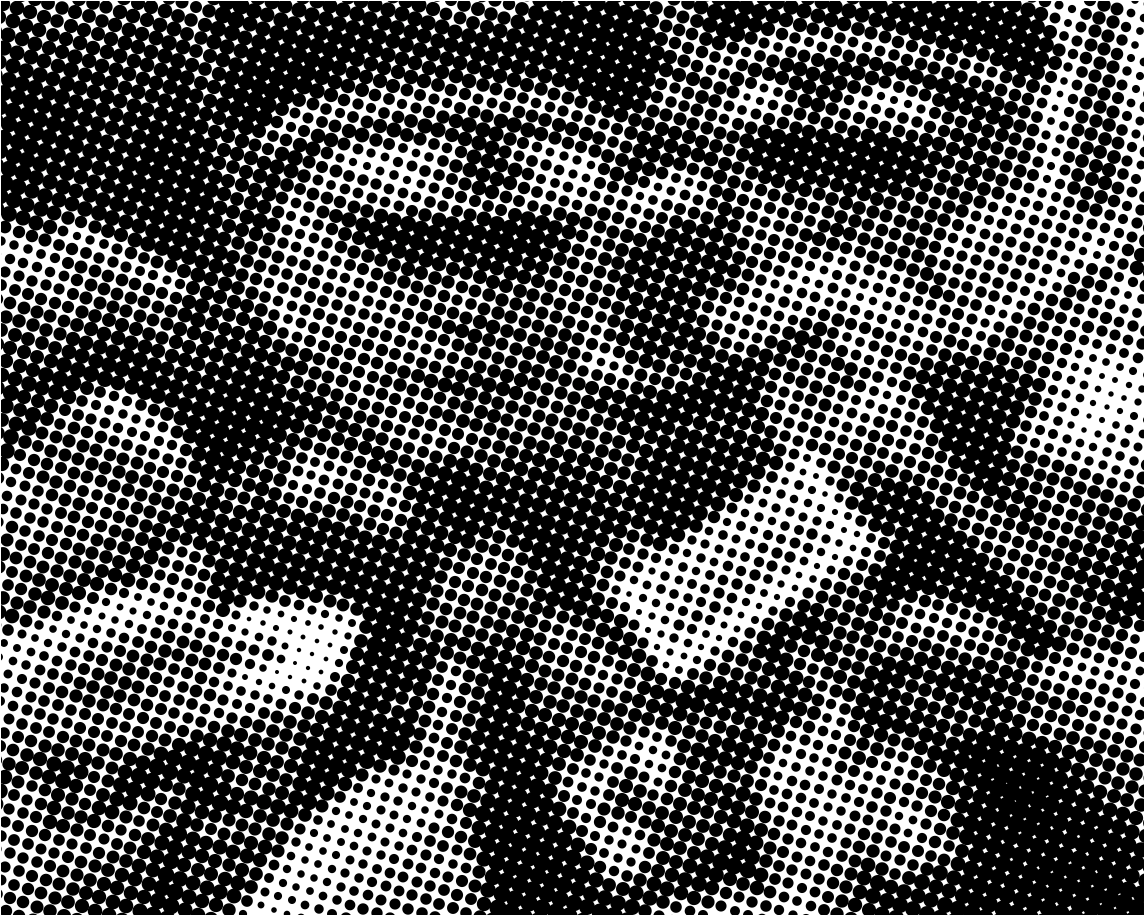
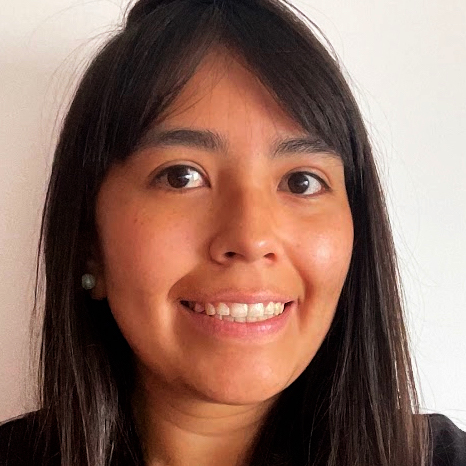
María Alejandra Ortiz is an analyst with the Colombian truth commission (formally La Comisión para el Esclarecimiento de la Verdad, la Convivencia y la No Repetición, or CEV). When she started this project she was nervous about all the new technical tools the team would be using. Now she confidently teaches those same tools and principles to new colleagues.
Colombia’s formal peace process involves investigations and a lot of documentation. With 40 organizations contributing unique datasets describing the violent conflict, there are 20 million records to integrate and analyze. We are working with Colombian researchers to tackle this enormous task.
Typically for this kind of project we would go on-site to work with and teach our colleagues in person. Because of the Covid-19 pandemic, we adapted our training to be virtual. The HRDAG team led three 90-minute sessions a week, in Spanish, to train our colleagues in Colombia. Those colleagues, like María Alejandra, are now training new analysts at their own institutions.
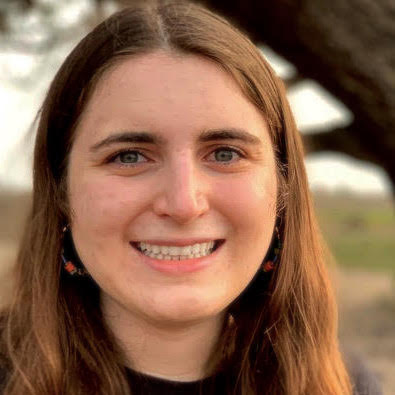
Maria Gargiulo spent the summer of 2018 as an intern with HRDAG. She returned in 2020 as a statistician on our team and, together with Patrick Ball, she led much of the training of the analysts in Colombia. This is one example of how we grow the field of data scientists working on the side of activists.
In her role as HRDAG statistician, Maria noted, “The science communication aspect of this work is crucial. Helping the analysts grasp the concepts, math, and code takes time and trust. After learning these skills comes the hard part — comprehending and sharing what the data really means.”
Uncovering Hidden Violations by Police
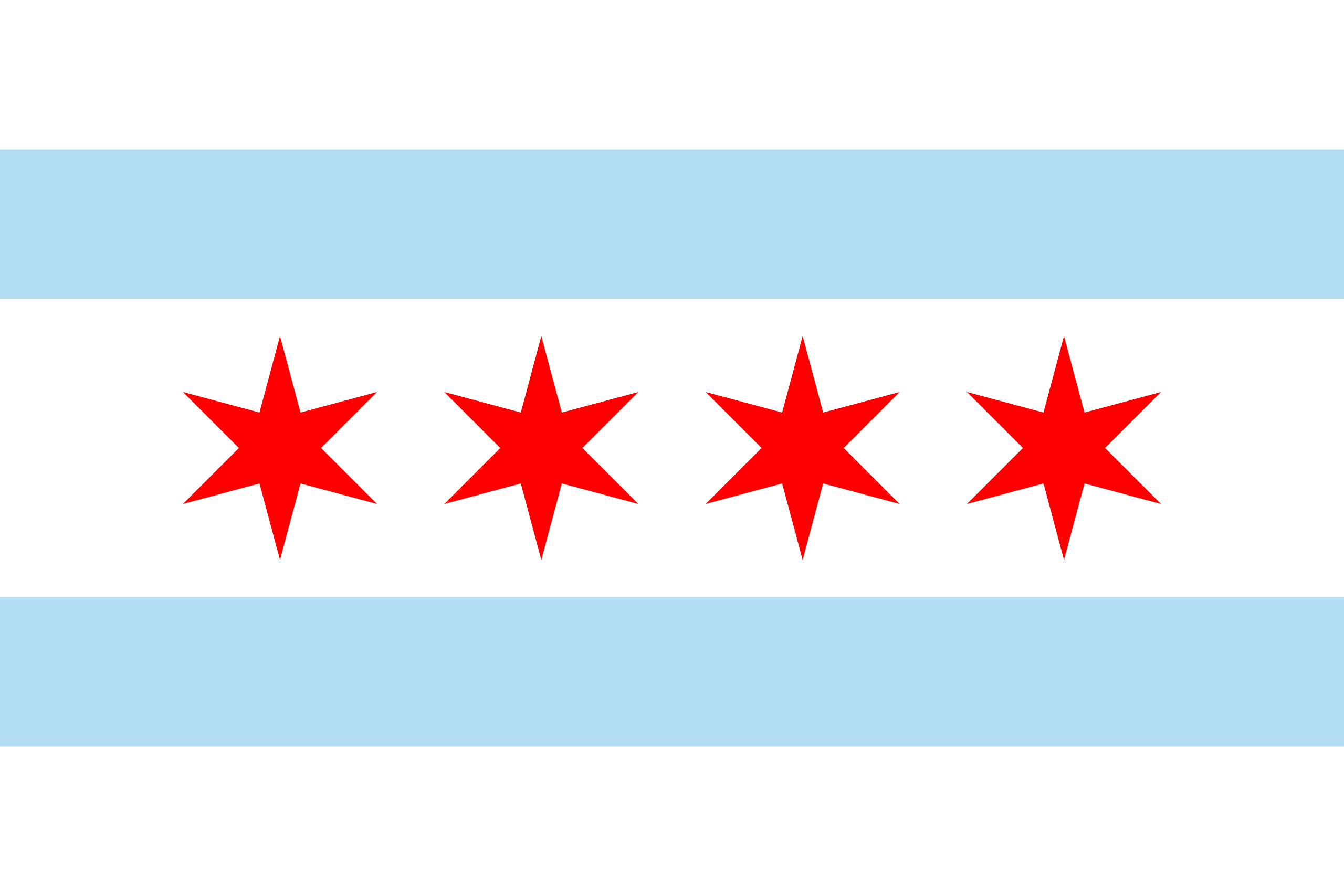
A CHICAGO PARTNER RECRUITS HUNDREDS OF VOLUNTEERS EAGER TO ANALYZE POLICE DATA
Complaint Records contain detailed descriptions of interactions with police. A record may specify multiple violations, but these can be obscured by official coding procedures that flatten accounts into a single category, like “Improper search of person” or “Conduct unbecoming.” A team of volunteers in Chicago is working to uncover these vital details and share with their community what they’re learning.
Current project: 8 months and counting
Volunteers-in-training: 200+
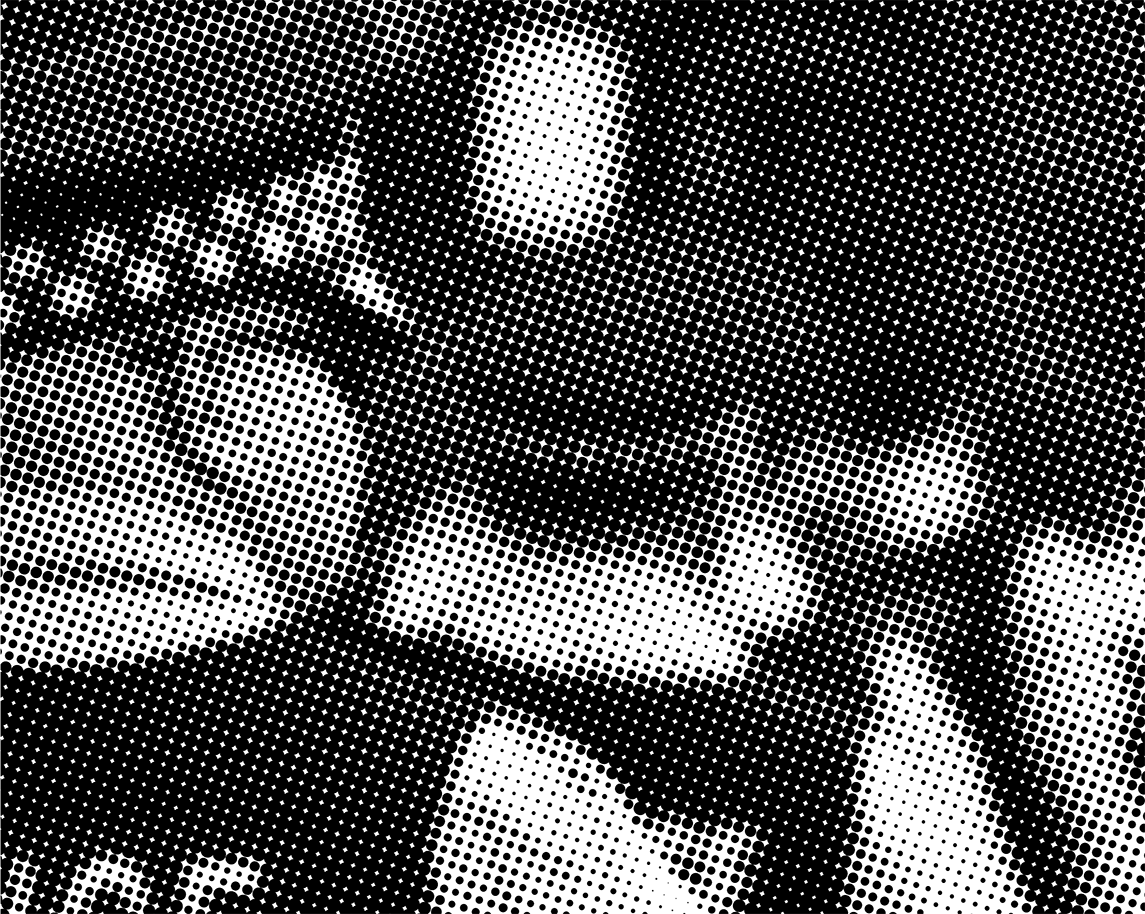
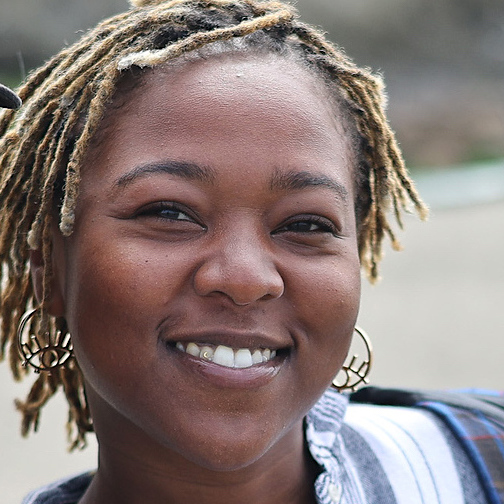
Trina Reynolds-Tyler, Data Director at Chicago nonprofit the Invisible Institute, knows the power of data analysis. And she wants to put that power in the hands of more community members, who are eager to be trained. Trina leads teams processing and analyzing hundreds of thousands of pdf files turned over as a result of two lawsuits: Jamie Kalven v. City of Chicago (2014) and Charles Green v. Chicago Police Department (2020). These files represent decades of citizen complaint reports filed against the Chicago Police Department.
Trina and Tarak Shah from HRDAG offer weekly virtual training sessions with a Chicago-based group of analysts and volunteers to identify all the violations described in a complaint. This approach both raises the visibility of under-documented forms of misconduct (such as gender-based violence) and enables a single record to serve as evidence in multiple different types of investigations.
As Trina realized, “It was a little bit overwhelming, because I was really unsure how we would process so much information, and where do we start?”
It’s the mission of organizations like the Invisible Institute and HRDAG to help affected communities and their allies discover how to collect, preserve, and analyze data to hold institutions accountable and challenge impunity. One important step is teaching communities how to get the most out of the data they have worked so hard to get.
HRDAG by the numbers
A three year summary
| HRDAG’s fiscal year is July 1–June 30 | 2020–21 | 2019–20 | 2018–19 |
| Beginning cash balance | 339,583 | 527,801 | 213,428 |
| Income | |||
| Foundation grants | 1,008,334 | 955,452 | 1,386,971 |
| Revenue from contracts | 145,643 | 10,700 | 22,474 |
| Direct public support | 123,099 | 95,968 | 89,555 |
| Total income | 1,277,075 | 1,062,120 | 1,499,00 |
| Expenses | |||
| Salaries and consultants | 1,134,809 | 1,073,492 | 946,281 |
| Travel and conferences | 1,129 | 16,468 | 34,350 |
| Rent, utilities, and technology | 38,432 | 36,359 | 47,745 |
| Supplies and other direct costs | 10,549 | 28,411 | 19,892 |
| Administration ¹ | 117,634 | 95,608 | 136,359 |
| Total expenses | 1,302,553 | 1,250,338 | 1,184,627 |
| Ending cash balance ² | 314,106 | 339,583 | 527,801 |
The people behind hrdag
HRDAG’s team includes Executive Director Megan Price, Director of Research Patrick Ball, Data Scientist Tarak Shah, Statistician Maria Gargiulo, Operations Coordinator Suzanne Nathans, as well consultants, interns, and fellows. Our team is based in San Francisco, and our partners are located in countries around the world. We are supported by an advisory board composed of Julie Broome, Margot Gerritsen, and William Isaac.
2021, AND 30 YEARS OF RADICAL SERVICE
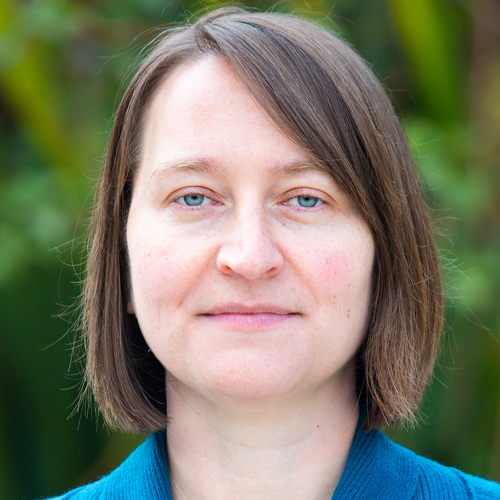
As you read this year in review, we mark 30 years of using data science to advance human rights, and we are steeped in the work of our 10th truth commission. Over the course of the next year, we look forward to sharing more stories from three decades of radical service, accompanying and training partners. Much of HRDAG’s work happens behind the scenes — providing training and support to our partners — and we generally prefer it that way. But we are also gratified when our work is highlighted and celebrated in more public forums. This year we were especially satisfied to hear the United Nations High Commissioner present our analysis of conflict-related deaths in Syria during her report to the Human Rights Council. And we were honored and humbled to be named the 2021 recipients of the Rafto Prize for Human Rights, and to see our work acknowledged alongside that of 35 previous Rafto laureates from around the globe. At HRDAG, we are profoundly grateful to our loyal and generous community for believing in and supporting the role we serve with our partners, and for sharing our commitment to rigorous scientific methods in the fight for human rights and justice.

Megan Price
Executive Director
WE THANK THIS YEAR’S GENEROUS SUPPORTERS
- Anne R. Dow Family
- Foundation
- Cooper Schneier Fund
- of The Minneapolis
- Foundation
- Keller Family Foundation
- Russell Almond
- Stuart Ambler
- Anonymous
- Reuben Antman
- Agrima Bahl
- Kevin Bales
- David Banks
- Taylor Behmke
- Ann-Marie Benz
- James Bergman
- Lucy Bernholz
- Sudhir & Lori Bhaskar
- Carl Bialik
- Ann Bradley
- August Brocchini
- Julie Broome
- Bo Carper
- Audrey Chapman
- Jennifer Choi
- Selina Choo
- Jay Clarke
- Cindy Cohn and
- Patrick Ball
- Anne-Marie Cowsill and
- Jeremy Shaw
- Katherine Crecelius
- Shauna Curphey
- Shannon Dunn
- Patrick Dzioba
- Martha Ehrenfeld and
- Carla McKay
- Saaber Fatehi
- Catherine Flaatten
- Paul Fontes
- Arnoldo Frigessi
- Margot Gerristen
- Mark Girouard
- Jared Goldstein
- MJ Golin
- Christine Grillo
- Jamie Guess
- Oli Hall
- Verity Harding
- Alex Hofer
- William Isaac
- Fatma Jeilani
- Calvin Johansson
- Max Kaehn
- Julie Kaplan
- Jim Kleckner
- Reid Kleckner
- Michael Bear Kleinman
- Jeff Klinger
- Josh Knight
- Sreeja Kondeti
- Joey Kotfica
- Hiroshi Kurokawa
- Ami Laws
- Kristian Lum
- Ben Menasha
- David Minnen
- Summer Misherghi
- Vlad Mnih
- Matt Mollison
- Zoey Moxcey
- Alexander Murphy
- Suzanne Nathans
- Alex Novet
- Victor Pappalardo
- Barbara Pereia
- David Peters
- Lauren Phegley
- Megan Price
- Lisa Reinsberg
- Joseph Rickert
- Gwen Rino
- David Rockoff
- Philip Rowe
- Andreas Schagerer
- Frank Schulenburg
- Robert Shea
- Michael Sherman
- Sue Sherry
- Brendan Shillingford
- Ethan Siller
- Bruce Spencer
- Paul Spinrad
- Rick Storrs
- John Szarka
- Vishal Talwar
- Allice Taylor
- Beth & Brent Van Lang
- Lucy Vasserman
- Rebecca Vessenes
- Alisha & Lance Waller
- Joanie Weaver
- Josh Weihnacht
- Elisabeth Wood
- Jonathan Wooding
- Minky Worden
- Xiaoyi Yang
- Catherine Zennström
- Bart Ziegler
- GitHub for Good
- Google Matching Gifts
- Hewlett Packard Enterprise
- Foundation Matching Gifts
- LinkedIn Matching Gifts
- Microsoft Corporation
- Matching Gifts
- Nike Matching Gifts
WHY HRDAG MATTERS
For 30 years, HRDAG has been working very closely with partners to build their capacity to use data science,
empowering them to answer their own human rights questions — I call that radical service. Because of HRDAG,
there are human rights data analysts around the world who know how to tackle some of the thorniest problems
out there.
— Julie Broome, Advisory Board Chair, political scientist and international human rights expert
We are all so grateful to all the survivors and witnesses brave enough to tell their stories of human rights abuses.
And thank goodness for the scientists at HRDAG — they use the most rigorous data science to make sure that
those stories are counted, and they also make sure we can draw conclusions about the number of stories that
didn’t get told.
— Margot Gerritsen, Advisory Board Member, professor and computational mathematician
HRDAG is at the frontlines of the movement to foster greater accountability in criminal justice. One way they
do this is by partnering with community organizations to use policing data to offer greater transparency on
the behaviors of police forces across the United States. That work is also paving the way for a brighter future,
as communities learn that they can use data to make cases that will make the United States a safer, more just
country for everyone.
— William Isaac, Advisory Board Member, staff research scientist and data ethicist
HRDAG gratefully acknowledges our major funders for their support of data science for good.
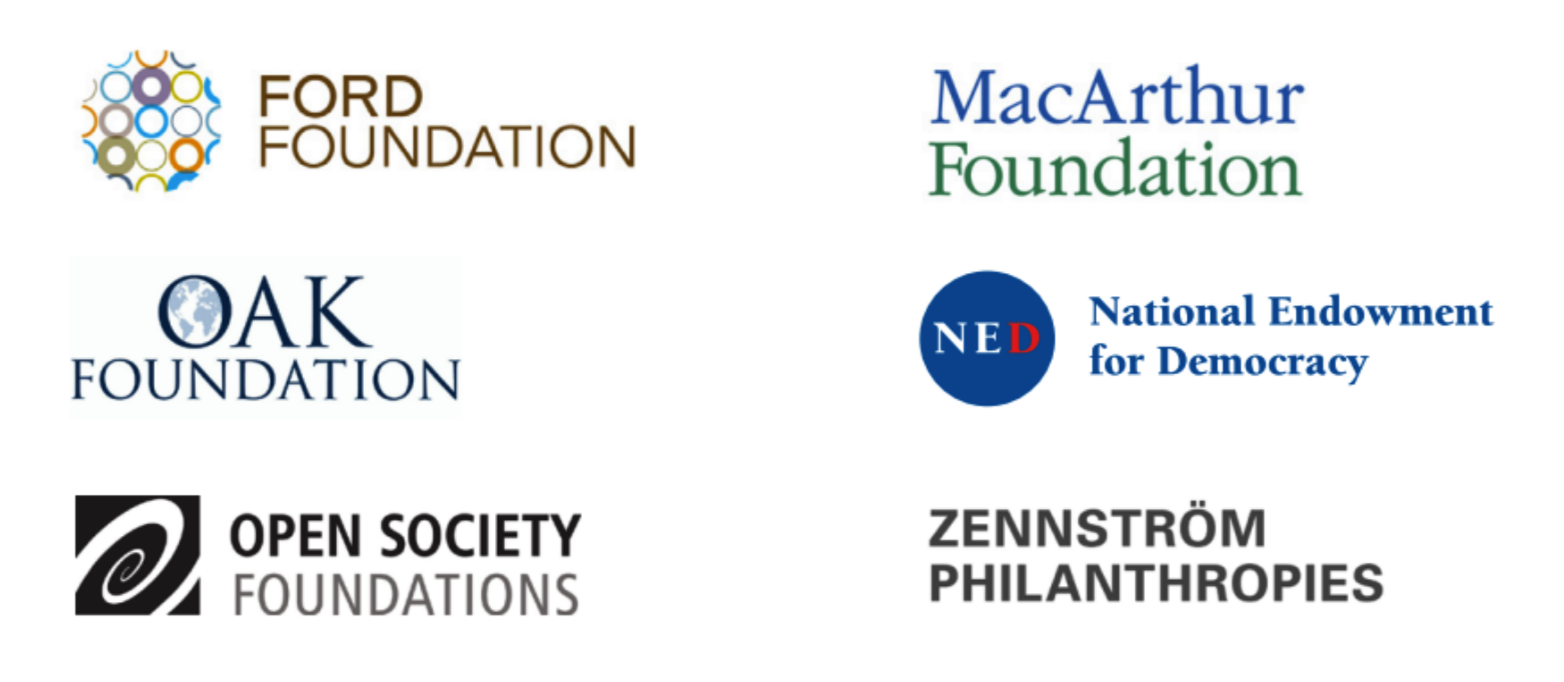
British Embassy Conflict, Stability and Security Fund; The Swiss Confederation, represented by the Swiss Federal Department of Foreign Affairs, acting through Human Security Division; United Kingdom Secretary for State for Foreign and Commonwealth Affairs
All photographs by HRDAG or used as credited, with thanks:
Policia Nacional de los colombianos; CC BY-SA 2.0, modified by David Peters
Isadora Ruyter-Harcourt; CC BY-2.0, modified by David Peters